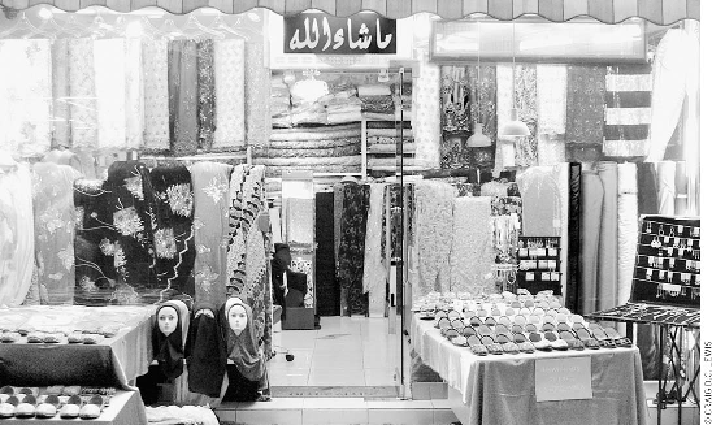Travel Reference
In-Depth Information
Learning English is a priority for most of the population, new foreign restaurants spring up
in Seoul every weekend, and much fuss is now made about the need to build a more multi-
cultural society.
On the other hand, a lot of old suspicions and resentments die hard. With some justi-
fication, given the country's turbulent history, South Koreans sometimes seem to feel the
world is out to get them, or at least to hold the country back. Any perceived insult or in-
justice—Japan's claim to a set of islets that South Korea insists are its territory is a current
example—can send the entire nation into what looks like paroxysms of rage, sparking angry
outpourings in the media, protests on the streets, and other behavior that looks downright
xenophobic. Foreign nationals will sometimes find their countries singled out for criticism
or be roped into emotional debates about wrongs that the South Koreans view as grave but
that they know little about. These sorts of exchanges tend to be most charged when they
involve the two countries that have influenced South Korea's modern history the most—the
United States and Japan, which are regularly cast as bullies in any bilateral issue or dispute.
Foreigners may also find that locals react somewhat defensively to talk that (intentionally
or not) denigrates South Korea or compares it to other places—a casual remark that one
prefers Thai to Korean food, for example, may elicit stony silence.
An Islamic clothing shop in Seoul testifies to Korea's growing multiculturalism.

